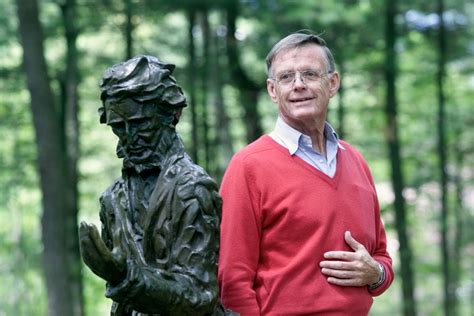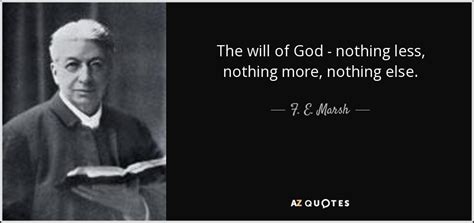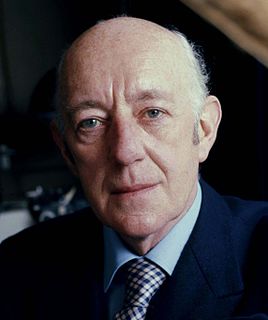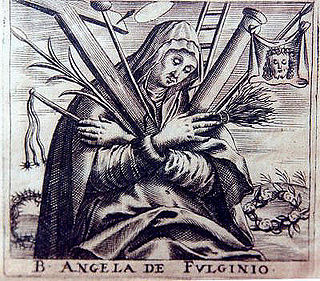A Quote by Ingmar Bergman
The smallest wound or pain of the ego is examined under a microscope as if it were of eternal importance. The artist considers his isolation, his subjectivity, his individualism almost holy.
Related Quotes
This is the good and happy news, that Christ has paid for our sin, and through His suffering has redeemed us from eternal death. It is His kingdom and His ministry, to preach the Gospel to the poor; that is His purpose. For to the great and holy He cannot come. They do not wish to be counted sinners, and therefore do not need His Gospel.
I imagined a psychic pain growing inside him (myself) that demanded some physical outlet. Suicide must have been his attempt to give Pain a body, a representation, to put it outside himself. A need to convert inner torment into some outward tangible wound that all could see. It was almost as though suicide were a last-ditch effort at exorcism, in which the person sacrificed his life in order that the devil inside might die.
Clearly the hardest thing for the working artist is to create his own conception and follow it, unafraid of the strictures it imposes, however rigid these may be... I see it as the clearest evidence of genius when an artist follows his conception, his idea, his principle, so unswervingly that he has this truth of his constantly in his control, never letting go of it even for the sake of his own enjoyment of his work.
[The artist's aim is] not to instruct the viewer, but to give him information... . The artist would follow his predetermined premise to its conclusion, avoiding subjectivity. Chance, taste, or unconsciously remembered forms would play no part in the outcome. The serial artist does not attempt to produce a beautiful or mysterious object but functions merely as a clerk cataloguing the results of his premise.
The wonder of an artist's performance grows with the range of his penetration, with the instinctive sympathy that makes him, in his mortal isolation, considerate of other men's fate and a great diviner of their secret, so that his work speaks to them kindly, with a deeper assurance than they could have spoken with to themselves.






































